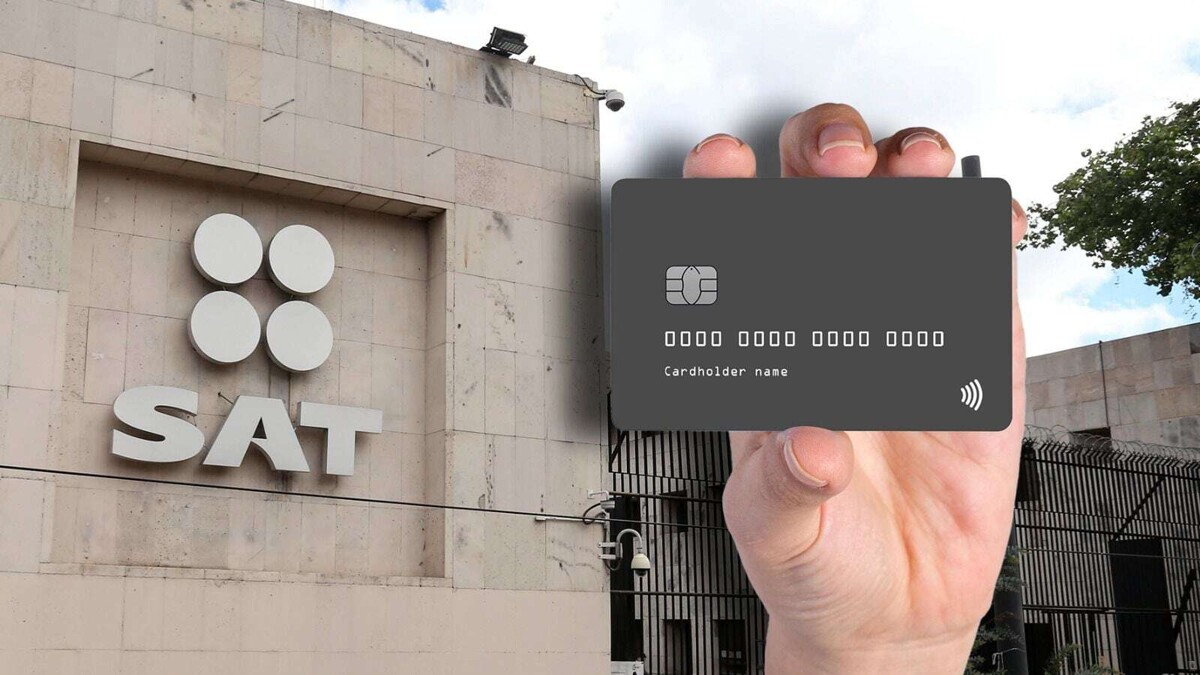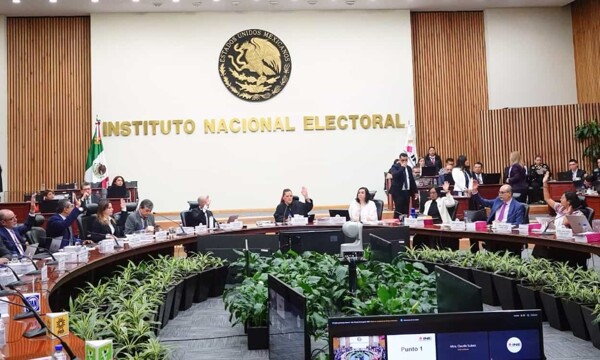
Both at the ATM and through digital transfers via your bank's app, it is possible to manage your finances in different ways. Credit card issuing banks often offer additional benefits, such as access to promotions, earning rewards, and discounts to their customers.
Having multiple debit cards for payments carries the risk of confusion at times and losing track of income and expenses. Forgetting to use one of them can lead to fees for inactivity on the card or for not maintaining a minimum balance. Additionally, using multiple cards involves greater exposure to potential security vulnerabilities related to passwords.
You will find benefits in having multiple debit cards, as it will allow you to organize your finances more efficiently by assigning a specific card for different types of expenses. Moreover, you will have quick and easy access to your money through electronic transfers or card payments.
Despite this, it is important to maintain careful control of the income and expenses of each card to avoid confusion. Financial institutions assure that using multiple bank cards will not affect your relationship with the Tax Administration Service (SAT).
According to Nu, there are several advantages and disadvantages to managing multiple debit cards when handling your expenses, besides serving as a means to receive your salary regularly. These cards are linked to a specific bank account and facilitate transactions such as ATM withdrawals or utility payments. Being financial instruments that allow multiple deposits, the SAT monitors their use to verify that the amounts received align with the declared financial situation.
Regarding security, it is possible to have multiple debit cards to organize personal finances without conflicts with the SAT. Each card can be used for different purposes, from paying bills to saving. Maintaining proper control of the financial movements made with each card is essential to avoid problems and comply with the corresponding tax regulations.














